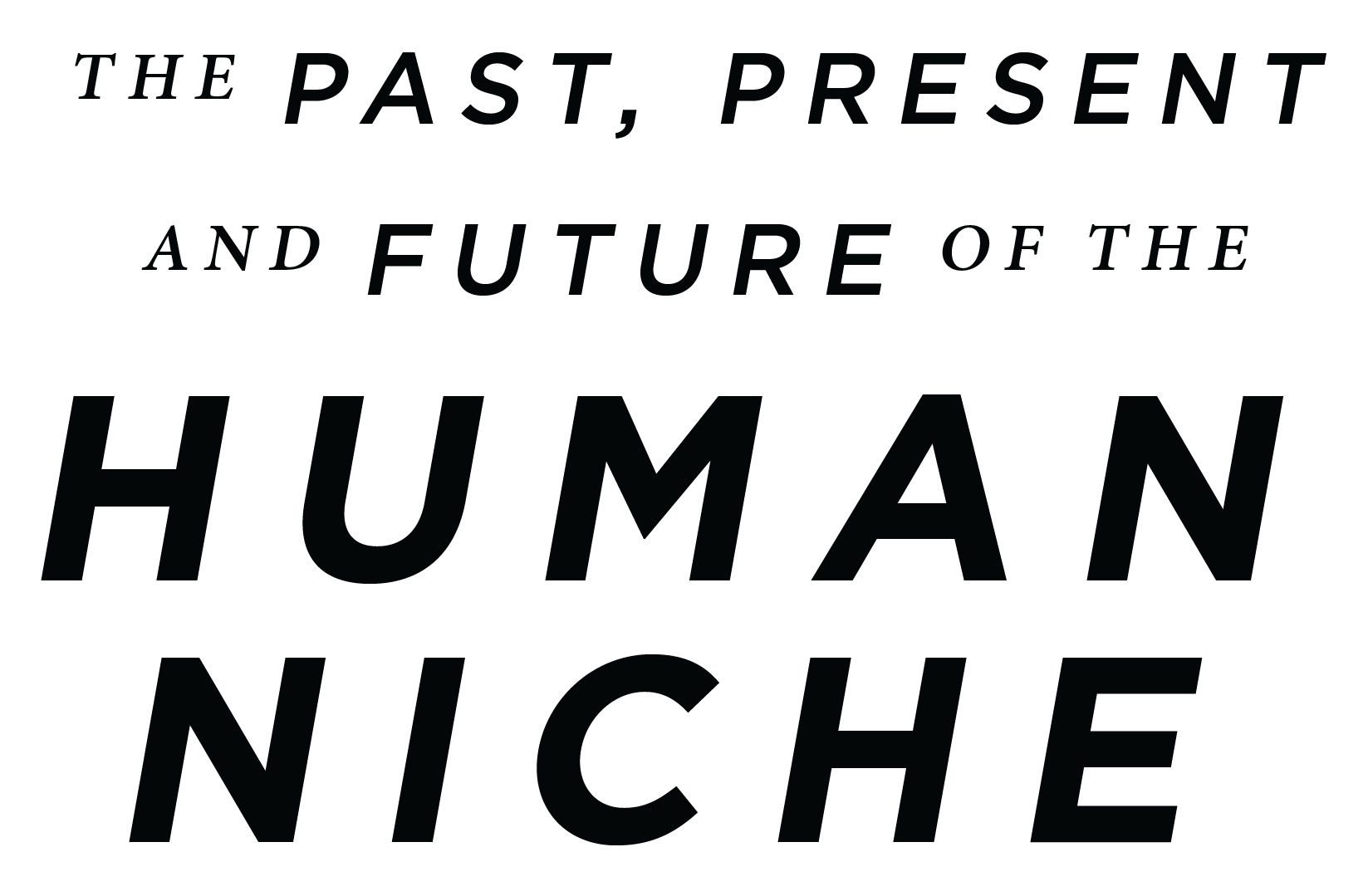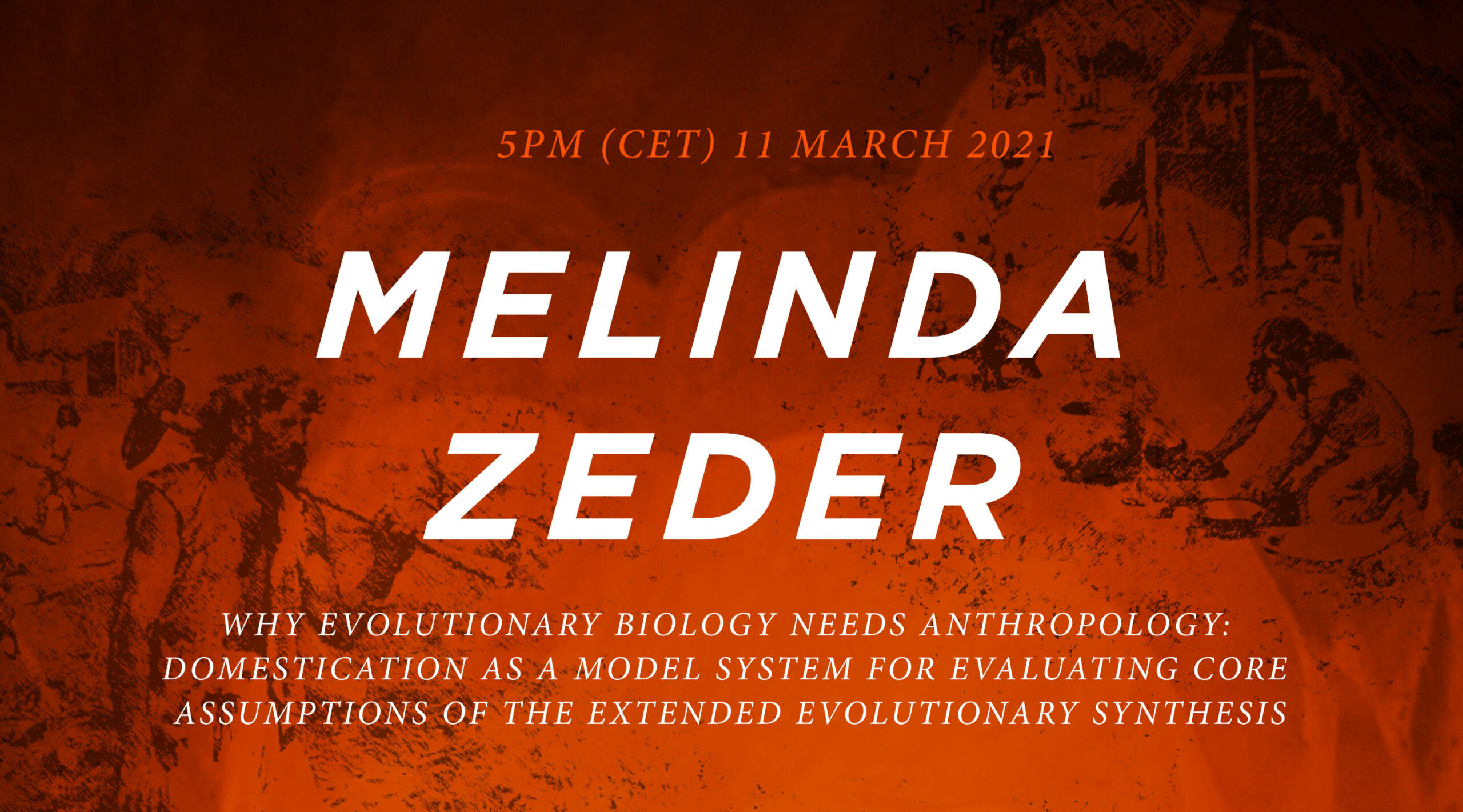Melinda Zeder is a Senior Scientist and Curator of Old World Archaeology in the Department of Anthropology of the National Museum of Natural History, Smithsonian Institution.

Anthropologists have a long history of applying concepts from evolutionary biology to cultural evolution. Evolutionary biologists, however, have been slow to turn to anthropology for insights about evolution. Recently evolutionary biology has been engaged in a debate over the need to revise evolutionary theory to account for developments made in the sixty years since the Modern Synthesis, the standard evolutionary paradigm, was framed. Anthropology has much to offer to this debate. This lecture explores how the domestication of plants and animals provides an ideal model system for evaluating central EES tenets about directionality, causality, targets of selection, modes of inheritance, and pace of evolution.
About Melinda Zeder
Melinda Zeder is a Senior Scientist and Curator of Old World Archaeology in the Department of Anthropology of the National Museum of Natural History, Smithsonian Institution. Her research interests include the domestication plants and animals and the origins of agriculture. Her work has also focused on the social and environmental implications of early agriculture in the ancient Near East, and the development of specialized subsistence economies in early complex societies. She is also interested in the intersection of archaeology and genetics in documenting the domestication of plant and animal species. She has worked in Iran, Israel, Turkey, and Syria. She is the author of the book Feeding Cities: Specialized Animal Economy in the Ancient Near East and the lead editor of the 2006 book Documenting Domestication: New Genetic and Archaeological Paradigms. She is a Fellow of the American Association for the Advancement of Science and a former member of the National Geographic Society Committee for Research and Exploration. She was elected to the American Academy of Arts and Sciences in 2008 and to the National Academy of Sciences in 2012.






Much of the discussion at the end of Dr. Zeder’s talk focused on the role of HBE models in understanding domestication, and so I wanted to bring attention here to a recent paper in which my colleague Mike Price and I attempt to clarify the relationship between NCT and HBE (https://onlinelibrary.wiley.com/toc/15206505/2021/30/1). Thanks for making this interesting series of lectures open to all!